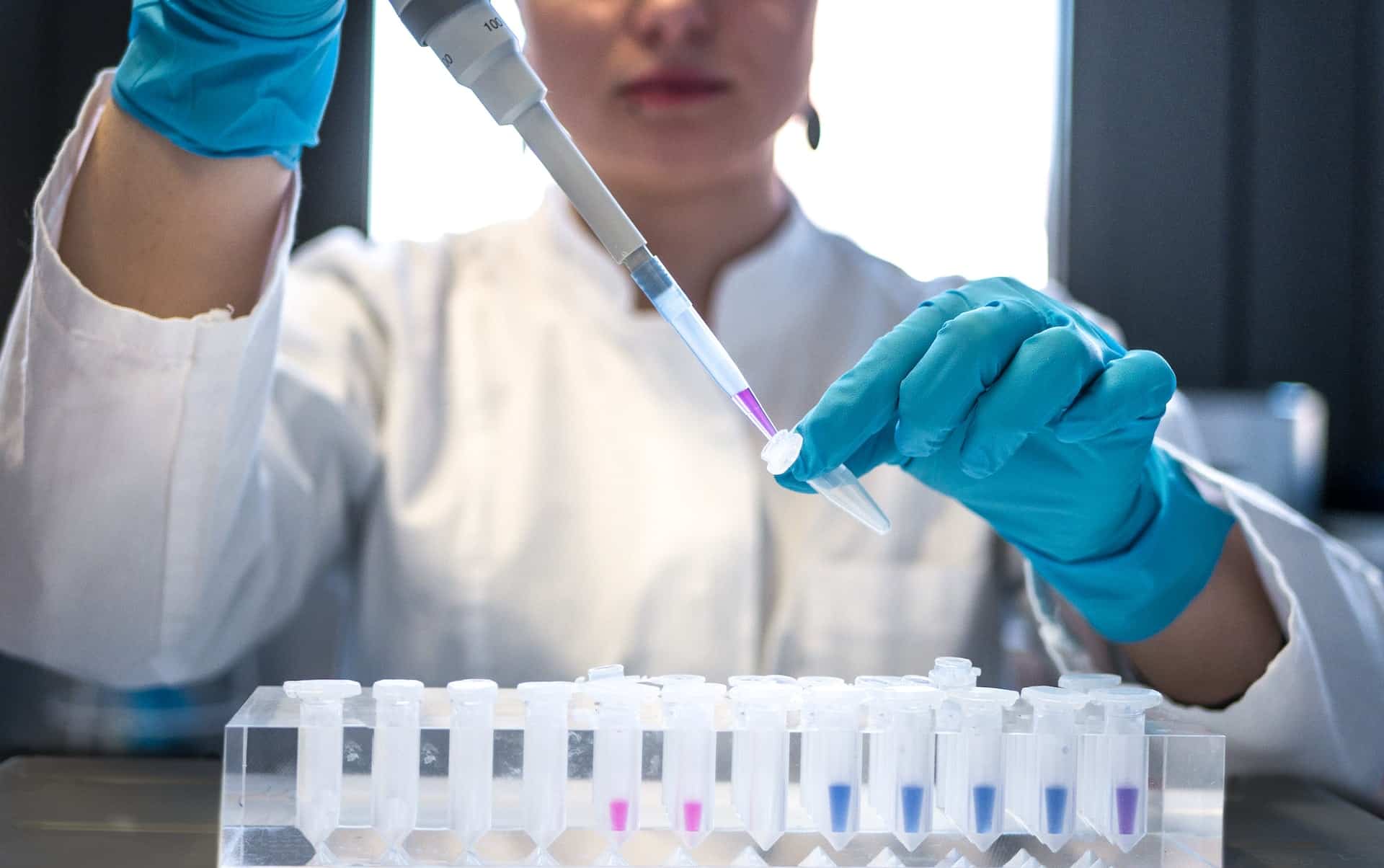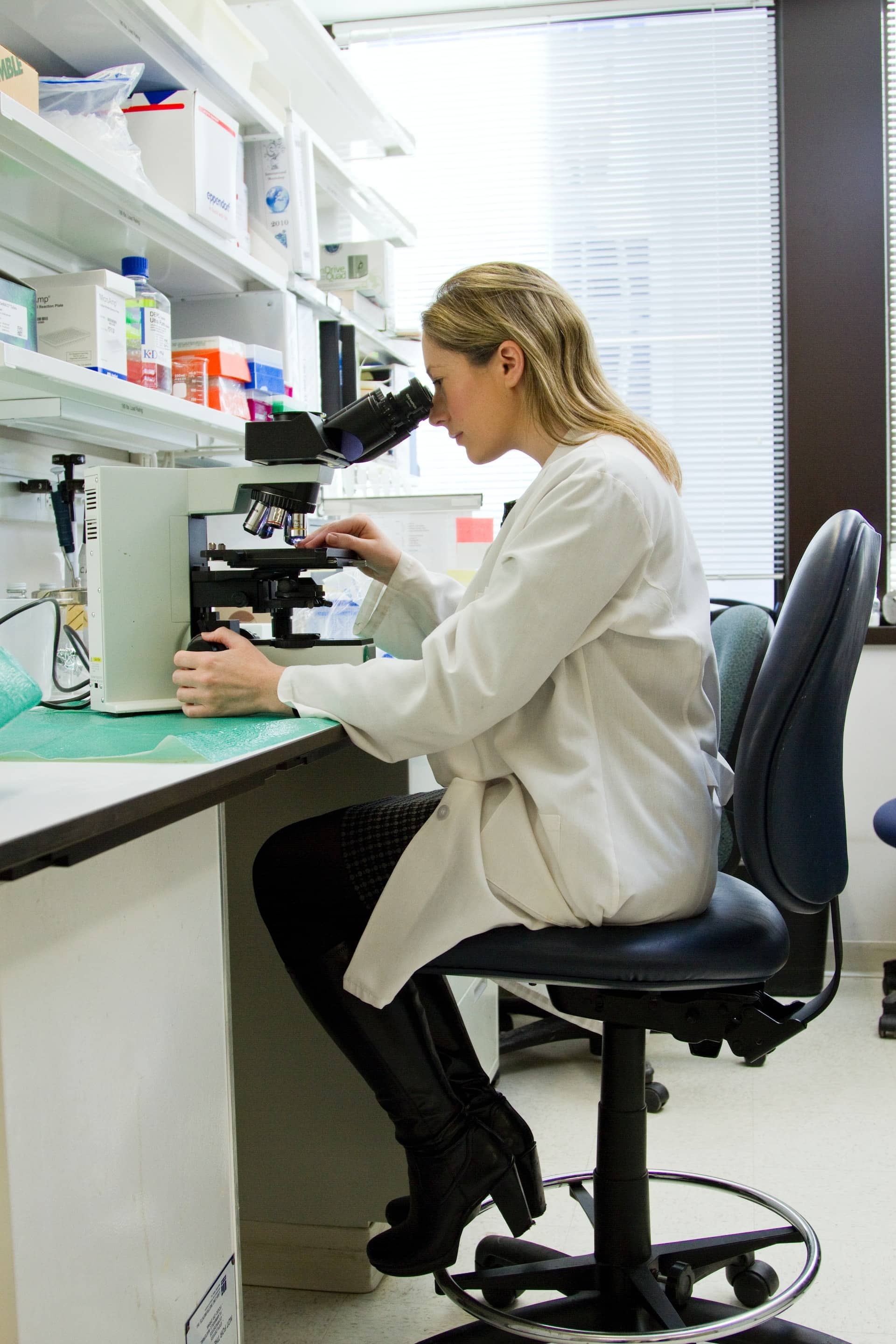Your safety should be your top priority whenever you work in a laboratory. And this can only happen if you carefully handle the lab equipment and reagents. Did you know that nearly 27% of lab researchers said they never conducted any kind of risk assessment before performing their experiments?
This causes problems for other workers and breaks the safety codes laid down by the lab. So if you wish to keep your lab equipment safe, here are some tips.
IMAGE: UNSPLASH
1. Work Carefully On The Autoclave
Autoclave is a laboratory machine to kill harmful pathogens from lab equipment, such as bacteria and viruses. However, it’s also important to handle the autoclave properly; otherwise, the steam from the autoclave can burn you.
First of all, load the autoclave properly by checking the guidelines proposed by the manufacturer. Next, loosen all the caps of the liquid containers before loading them into the autoclave.
When it comes to loading plastic materials, never put anything that isn’t compatible with the autoclave machine or things that contain bleach.
2. Keep Personal Items In A Separate Place
Most scientists or lab workers habitually put their personal items like bags, cellphones, or keys on the lab table or even the ground.
These things should never be brought inside the lab because you never know which reagents might get contaminated. Even if a piece of cloth or outfit detail gets stuck in huge pieces of equipment, it might cause chaos.
Even your clothes, such as jackets and sweaters, should ideally be stored in a locker outside the lab. Make sure to wear only your lab coat on top of your clothes to prevent any spillage.
Even if you do have to keep any personal items inside the lab, store them away in a corner where they will be away from major equipment and reagents. This way your clothes won’t get damaged either.
3. Handle Centrifuges Properly
If you don’t handle scientific equipment like centrifuges properly, they can lead to leakage and aerosol spillage.
Moreover, this can also cause the centrifuge to get contaminated. So, to prevent this, check the glass and plastic centrifuge tubes and carefully note down the marking lines.
Always put a stopper on the tubes before inserting them into the centrifuge sockets. Ideally, you should also use sealed rotors and centrifuge buckets that can be loaded and unloaded easily on a biologically-safe cabinet.
Most importantly, ensure that the centrifuge is always balanced.
4. Never Bring In Food Or Drinks
Another important safety rule to keep your scientific equipment safe is never bringing any food or drinks to the lab. The primary reason for this is that if any food crumbs or drinks get spilled, they can interfere with the results of your lab experiments and hamper them.
Another reason is that the toxins or fumes in the laboratory can react with the food material and cause food poisoning, not to mention various other infections.
So always have your meals before entering the lab or take your meal breaks after leaving the lab.
5. Clean Aspirating Equipment
Since many aspirating devices are often made of glass, you must be extra careful while cleaning them. Or, you might accidentally break them and lose a great amount of money.
To minimize this accident, use metal flasks and vacuum traps whenever possible. Or you can even use metal containers that are at least half as tall as the vacuum flask.
Ensure that the filter you use to ensure a vacuum space in the lab is HEPA. Ideally, cartridge-type in-line filters can be effective as a barrier.
6. Undergo Emergency Training
All laboratory workers, including supervisors, should undergo proper safety training before handling any equipment. This is done to ensure that, in case there is any hazard in the lab, all the workers know how to keep the lab and themselves safe.
There should also be a laboratory safety guidebook so that everyone in the lab knows the rules and regulations.
If you are handling any kind of equipment and it breaks, it’s important to inform your supervisor immediately. Similarly, ask your subordinates to report to you in case of any mishap.
Over To You…
These are a few basic safety tips and tricks to make sure that your lab equipment is robust and functional for a long time. If you have any more doubts, always refer to the equipment-safety guidebook that comes with each machine or reagent.
IMAGE: UNSPLASH
If you are interested in even more business-related articles and information from us here at Bit Rebels, then we have a lot to choose from.


COMMENTS